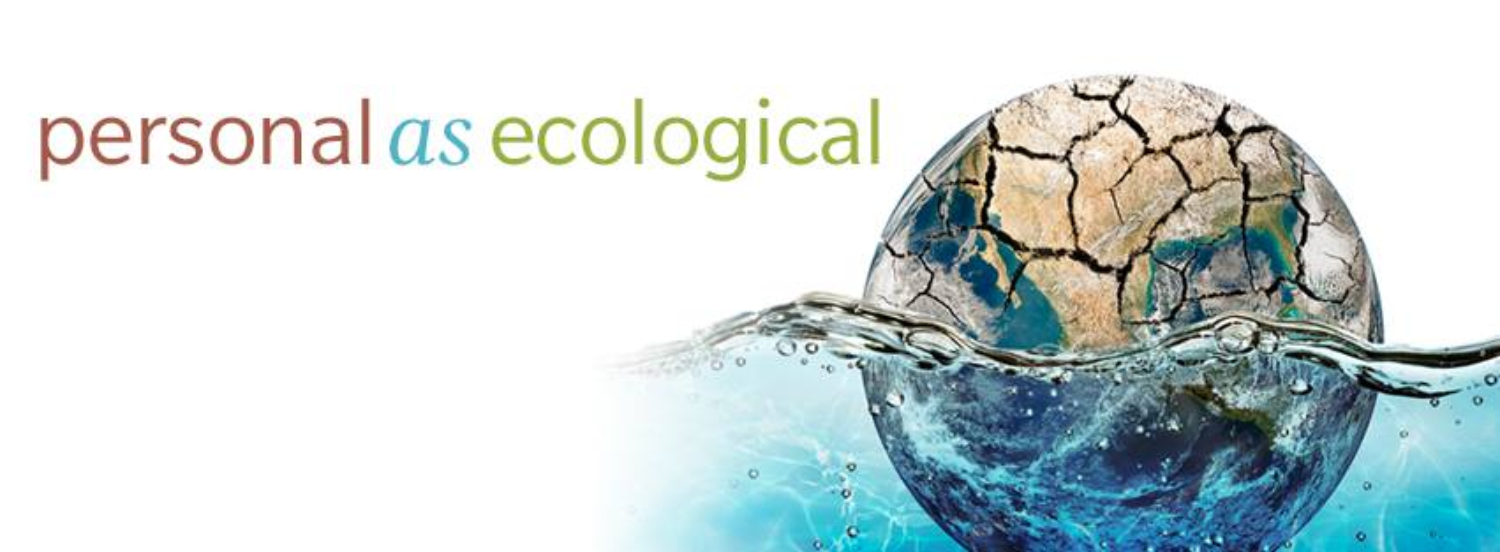I think some very important cultural remedies to address for climate change is coming from, is to look at our assumptions, to look at the stated and unstated assumptions that are all around us. In the introduction of my book, I talk about the idea that often we’re like fish and water. Fish because the water is all around them. There’s many stories in Western culture and in Asian culture about how fish can’t see the water because it’s all around them, it’s just part of their habitat and I think it’s important that we do the same thing because I think as we all are in our cultures, we’re swimming in a sea of assumptions. Assumptions are all around us and because they’re all around us, they’re ubiquitous in our lives, we often don’t see them and we often don’t discuss them. So I think an essential remedy to address for climate change is coming from, is to look at the assumptions of our lives, to look at the assumptions in our culture, to look at the assumptions in our cultural institutions. So as I see it, not surprisingly many of the cultures– many of the assumptions, most of the assumptions in our culture emphasize yang over yin, emphasize doing over not doing, emphasize expansion over contraction, emphasize consumption over contentment, emphasize looking outside of us for what we need rather than looking inside of us for what we need. All of that is yang over yin. Yang is doing, yin is not doing. Yang is consumption, yin is contentment. Yang is looking outside of ourselves, Yin is looking inside of ourselves. Yang is expansion and yin contraction. So our culture literally without exaggeration is based on yang to the detriment of yin.
And one clear example of that is our economy. We’re taught to believe or encouraged to believe that our economy is healthy when it’s expanding. Potentially forever now, there’s nothing inherently bad about economic growth but we are led to believe that the economy can only be healthy when it is continuously expanding, that’s impossible. Nothing can expand forever, nothing can grow forever. Yang is day, yin is night. Yang is summer, yin is winter. What we’re encouraged to believe economically is we want a sunny hot summer day, all day, every day, that’s not going to happen. You don’t have to be a climatologist, you don’t have to be a Chinese medicine practitioner, you don’t have to have a PhD in economics to understand that one thing leads to the next thing, summer needs to winter, day leads to night. We’re encouraged to believe that one side of the yin-yang circle, the white side, the bright side is what we want and it’s just not possible and when we overemphasize something like that it is inevitably pathological. There’s no way to avoid pathology when we want one thing all the time.
Health by definition, individual health, cultural health, ecological health comes from a movement, comes from day becoming night, night becoming day, summer becoming winter, winter becoming summer. That’s a basic fundamental understanding and it’s not that complicated in many ways. I mean of course day becomes night and of course night becomes day. But we’re led to believe that day is better than night, expansion is better than contraction, doing is better than not doing.
And what I think climate change is trying to offer us is the encouragement to examine those root assumptions because they’re just not working, they’re not working culturally, they’re not working personally, they’re certainly not working ideologically. So I believe that looking at the assumptions of our culture allows us to understand what we’re emphasizing and what we are deemphasizing and when we can address that not only can we change our cultural institutions based on a more balanced understanding of things but we can also balance our own lives. And with a more balanced life individually, a more balanced culture, we can then translate that into addressing the underlying causes of climate change.
